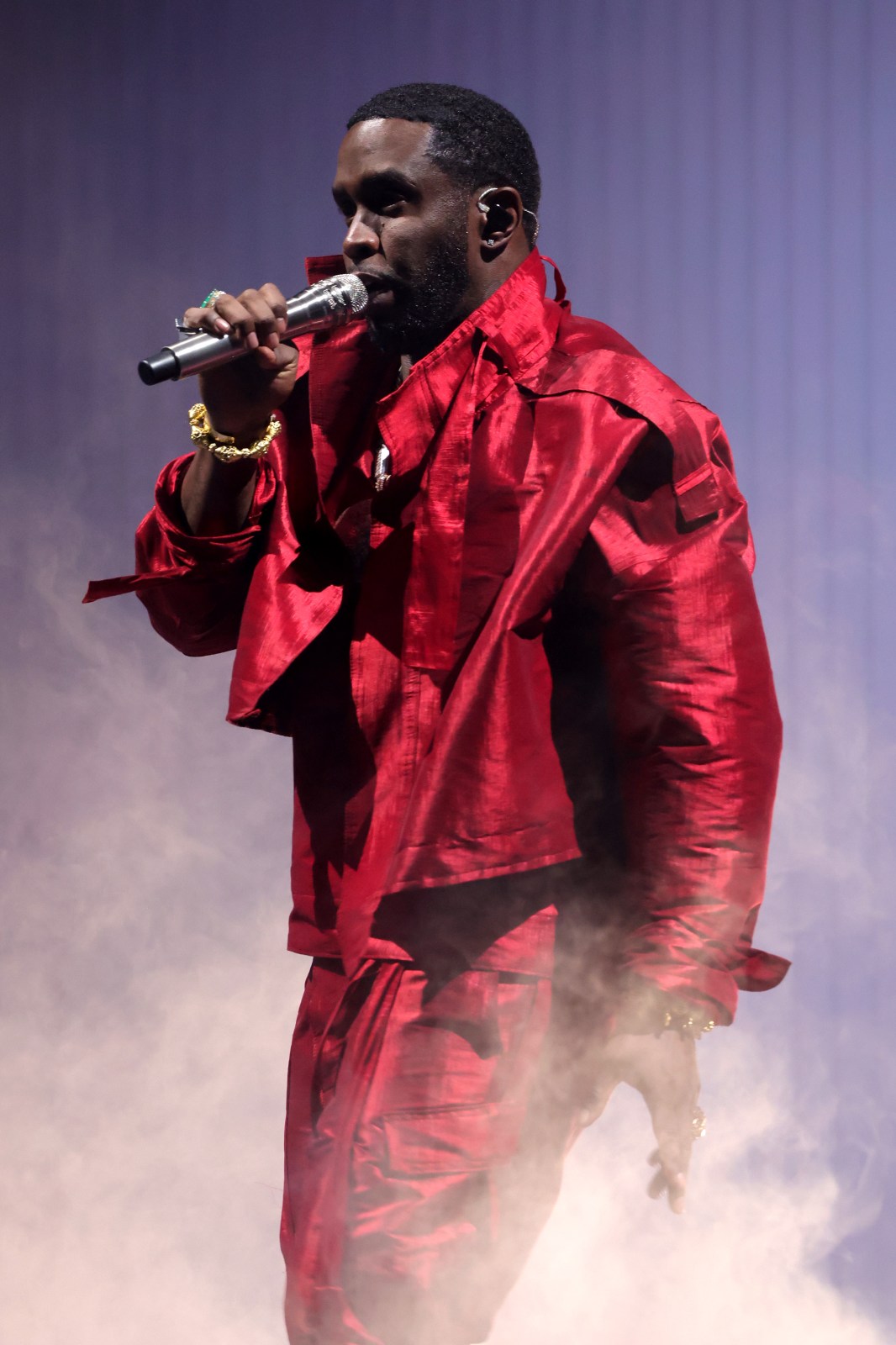
Diddy Pushes for Acquittal, Arguing Prosecutors Distorted Prostitution Law
 7519
7519  74
74 Sean “Diddy” Combs is facing one of the most consequential chapters of his career after being convicted on two counts tied to transporting individuals for prostitution. With sentencing set for next month, the hip-hop mogul is mounting an aggressive appeal, pressing for either a new trial or an outright acquittal.
In filings reported by TMZ, Diddy’s attorneys argue that the prosecution’s case leans on an antiquated reading of the Mann Act, first passed in 1910. They contend that the term “prostitute” then referred specifically to women engaged in sex outside of marriage, a definition far narrower than what courts apply today. By revisiting the law’s origins, the defense hopes to chip away at the foundation of the jury’s decision.
The team has also challenged prosecutors’ claims about the nature of Diddy’s financial ties to the men central to the case. He maintains that any payments were for time and companionship, not sexual services. It is an argument aimed squarely at the heart of the allegations and one that could carry weight as his lawyers push for leniency.
Diddy’s Verdict Sparks Debate Over Power, Consent, and Celebrity
Prosecutors have shown no sign of retreat. They describe the evidence as “overwhelming” and accuse Diddy of wielding money and status to manipulate those around him. Court filings portray him as leveraging threats against careers and livelihoods to ensure compliance, framing his conduct as coercive rather than consensual.
The verdict itself offered a measure of contrast. While jurors convicted Diddy on transportation charges, they cleared him of more serious counts, including sex trafficking and racketeering. Still, the exposure is significant: he could face as much as 20 years in prison, though prosecutors have indicated they will recommend closer to four. His next court appearance is scheduled for October 3.
The case has quickly become a flashpoint for larger debates about consent, legality, and power in relationships that cross personal and professional lines. For Diddy, the ruling carries both legal peril and cultural weight, with the potential to influence how future cases at the intersection of celebrity and the law are judged.


